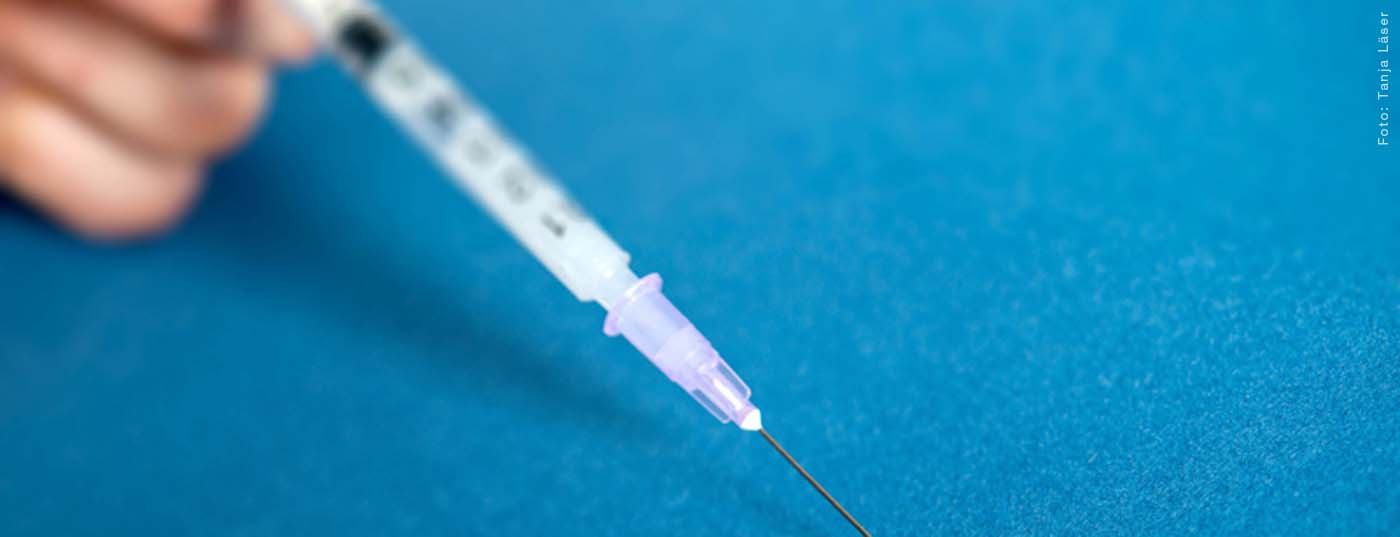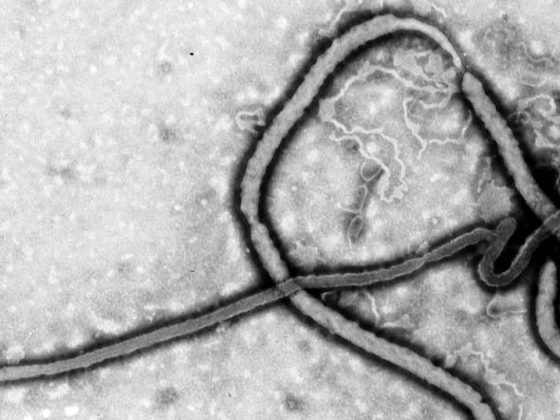When people lose their hand in an accident and subsequently undergo transplantation, they have to accept that they will be dependent on immunosuppressants for the rest of their lives. These agents not only prevent rejection of the foreign limbs, but also severely weaken the patient’s immune system, making him more susceptible to infectious diseases and cancer. The kidney and liver can also be damaged by the side effects.
Local deployment to remedy the situation
Methods that make it possible to use immunosuppressants locally and make therapy with tablets overdue are thus in hot demand. The Department of Hand Surgery at Inselspital and the Department of Clinical Research at the University of Bern have now developed such an approach in collaboration with Brigham and Women’s Hospital in Boston and the Institute for Stem Cell Biology and Regenerative Medicine in Bangalore. Only the transplanted limbs are treated with this new method. A gel system developed specifically for this indication releases the immunosuppressive substance only when an inflammatory reaction and thus rejection actually occurs. Experiments with rats showed an astonishing success of the approach: a single treatment prevented rejection completely and for more than 100 days. Now the application is to be further developed for use in humans. This would significantly improve the quality of life for the patient after a hand transplant. Ultimately, this would mean that more people could also be treated with a transplant.
It is at least conceivable that the gel could be of use in other inflammatory reactions. Rheumatic complaints could possibly be contained or weakened with it.
Source: Media release dated August 19, 2014.
HAUSARZT PRAXIS 2014; 9(11): 4











